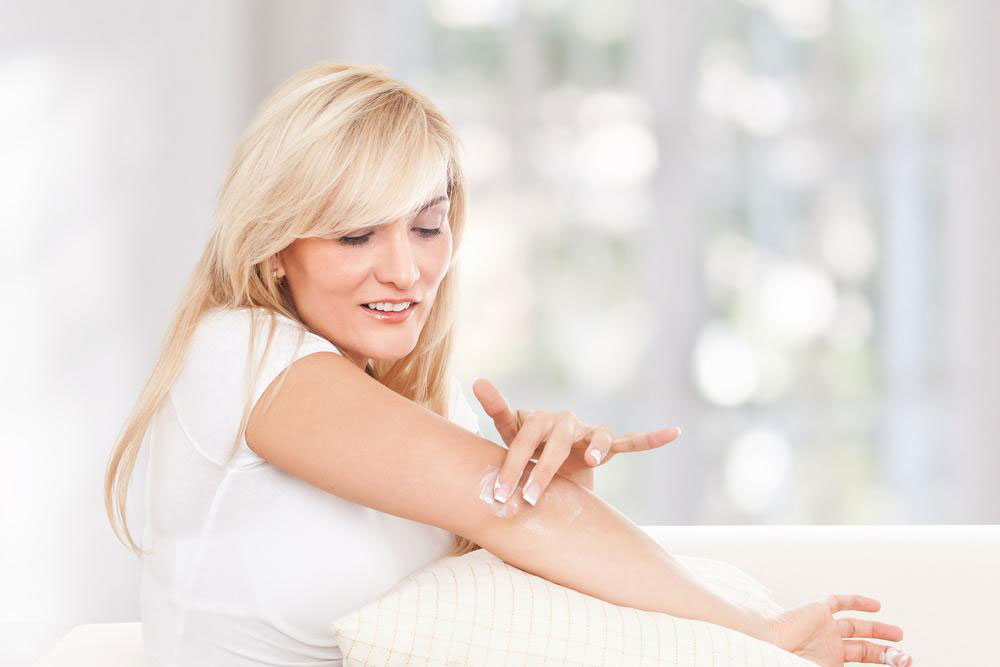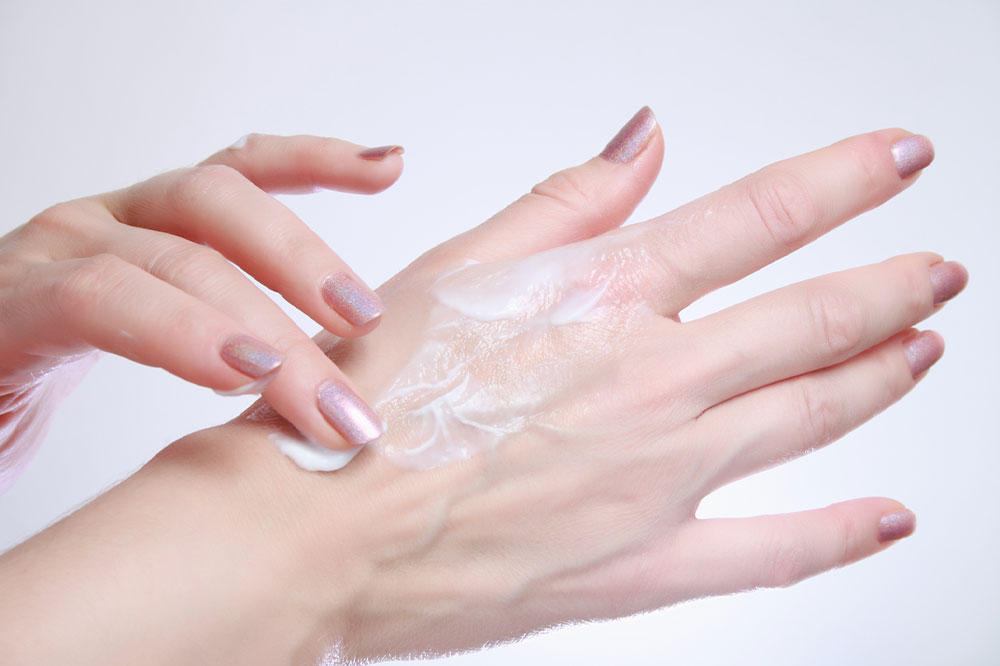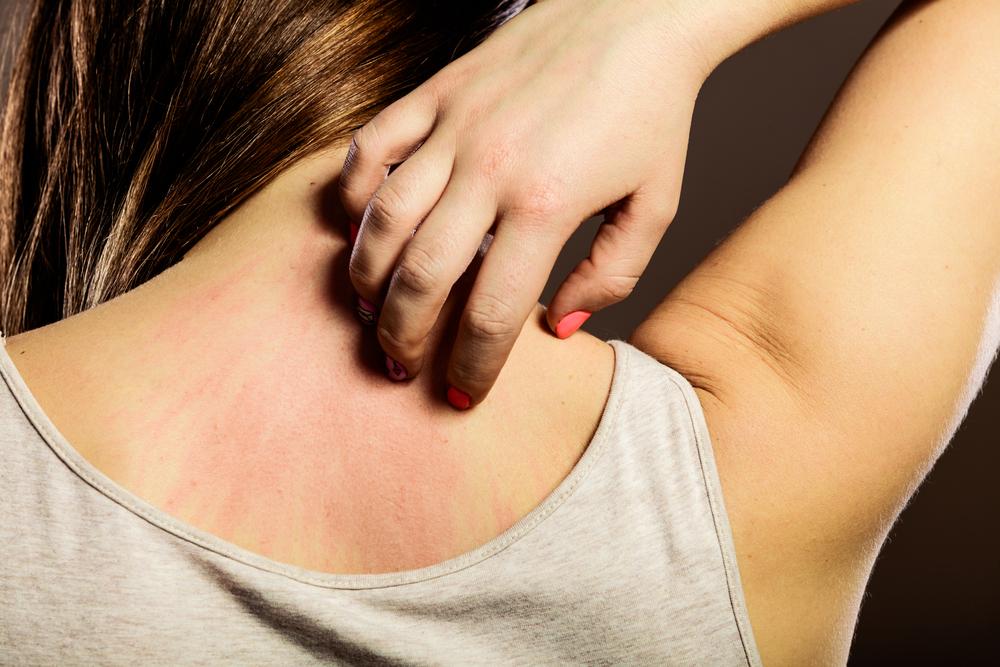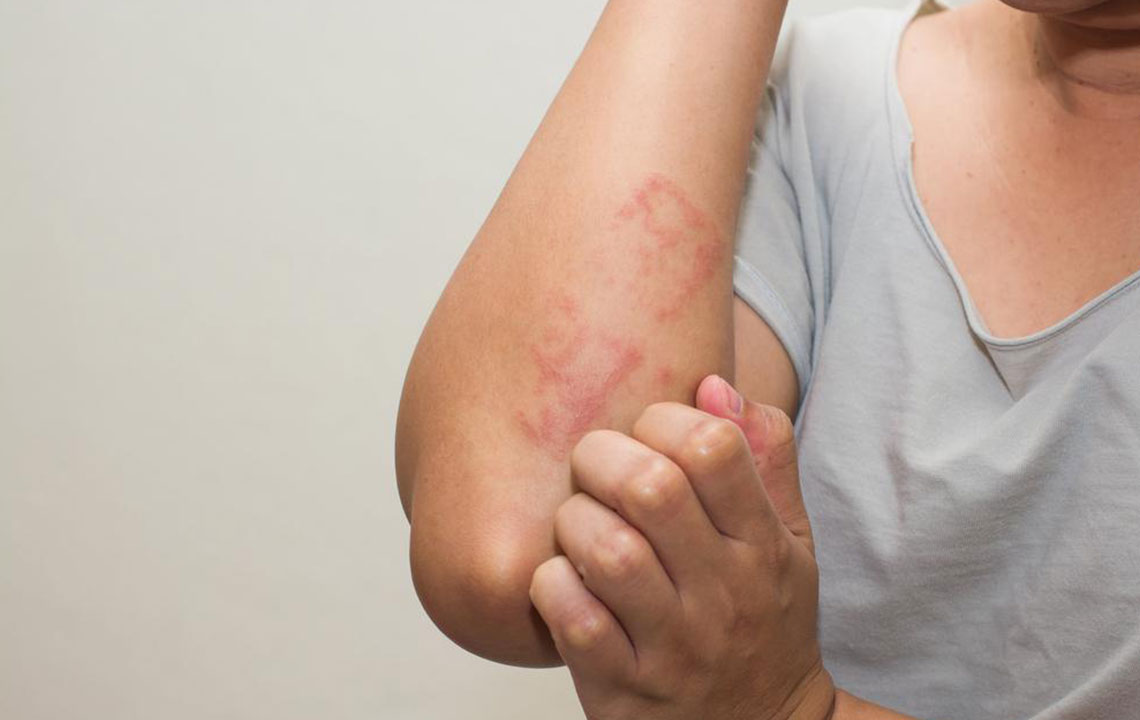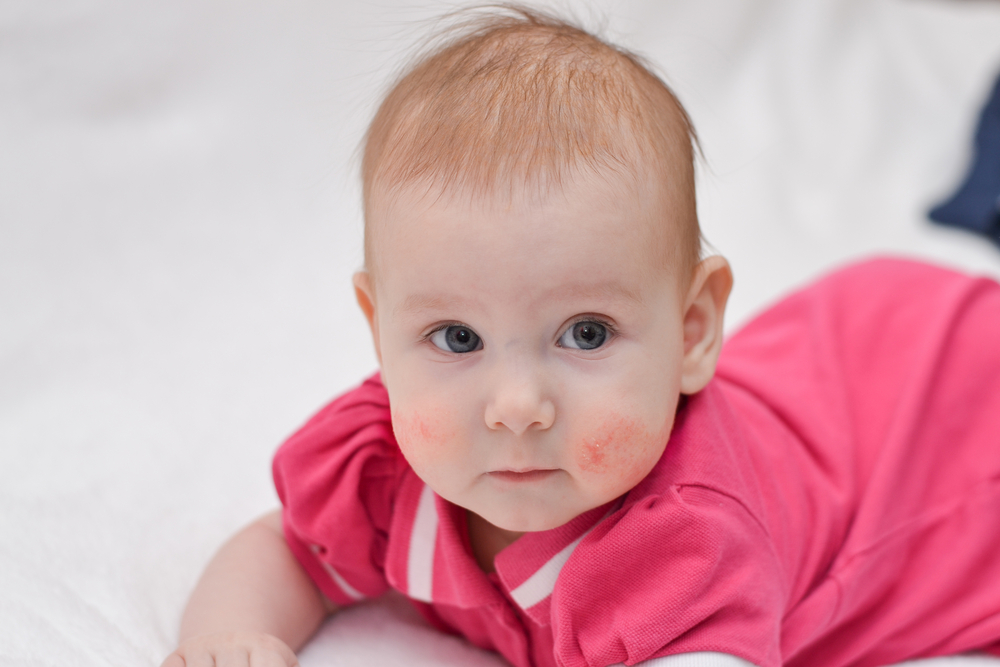Understanding Eczematous Dermatitis: Common Types and Effective Treatments
Eczematous dermatitis, commonly known as eczema, appears in various forms like atopic, contact, and dyshidrotic eczema. Common symptoms include rashes, itching, and skin thickening. Effective treatments include cold compresses, moisturizing, and avoiding irritants. Persistent cases require medical consultation. Proper skin care and lifestyle adjustments can help manage symptoms and prevent flare-ups.
Sponsored
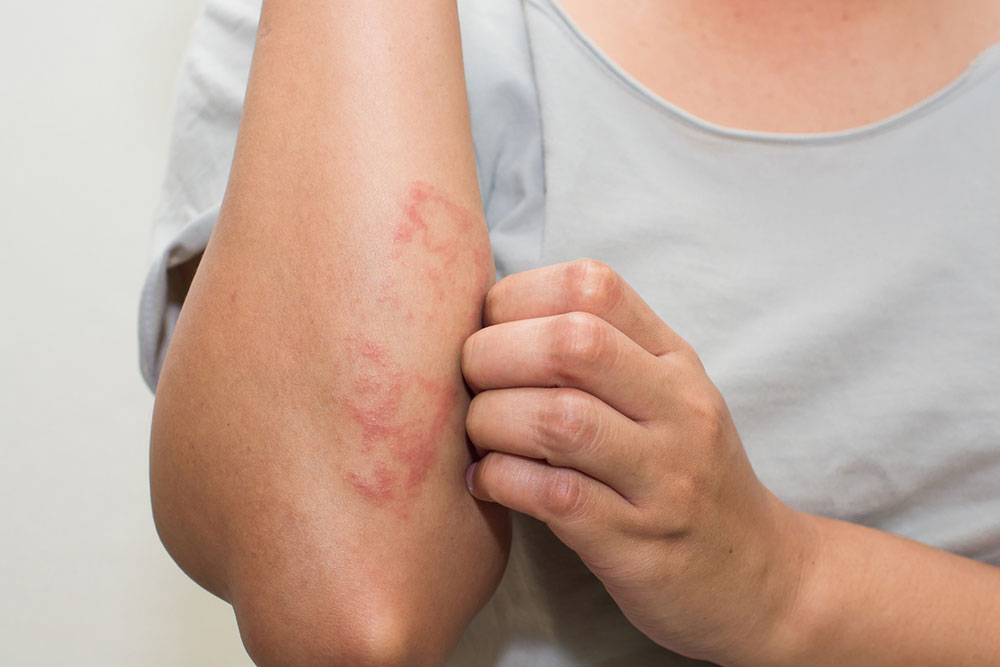
Eczema is a prevalent skin condition causing redness and itching. Often called atopic dermatitis, it is an allergic response frequently associated with asthma and allergies. Though not contagious, the precise cause remains uncertain. Eczema manifests in various forms, each with distinct symptoms and triggers.
Types of Eczematous Dermatitis
Atopic Dermatitis Typically developing in childhood but resolving in adulthood, atopic dermatitis is linked to hay fever and asthma. It presents with rashes on elbows, knees, and sometimes the scalp or cheeks of infants.
Symptoms
Rashes appearing on elbows and knees
Color changes, such as lightening, thickening, or darkening of skin
Small bumps that may leak when scratched
Rashes on scalp or infant cheeks
Contact Dermatitis
Triggered by contact with irritants or allergens, causing redness and itching. There are allergic and irritant types.
Symptoms
Red, itchy skin that burns or stings
Development of hives
Fluid-filled blisters
Scaly, leathery skin
Dyshidrotic Eczema
More common in women, characterized by small blisters on hands and feet, often itchy and painful.
Symptoms
Fluid-filled blisters
Painful, itchy blisters
Cracked, flaky skin
Hand Eczema
Affects only the hands, common among hairdressers, cleaners, and chemical workers. Symptoms include itching, redness, cracks, and blisters.
Neurodermatitis
Causes thick patches and intense itching, often on limbs and neck, aggravated during relaxation or sleep, with potential bleeding from scratching.
Nummular Eczema
Recognized by coin-shaped patches that are intensely itchy and distinct from other types.
Symptoms
Round, coin-like skin spots
Severe itching
Stasis Dermatitis
Results from fluid leakage in veins, causing redness, swelling, pain, and skin sores, mainly on the lower legs.
Symptoms
Swelling in legs during walking
Heavy sensation or ache
Itchy, dry skin over varicose veins
Sores on legs and tops of feet
Effective Treatments for Eczematous Dermatitis
Cold Compress: Applying a cold, damp cloth can relieve itching and inflammation.
Baking Soda or Colloidal Oatmeal Baths: Soaking in these helps reduce inflammation and soothe skin.
Moisturizer Application: Use oil-rich creams after bathing to lock in moisture and create a protective barrier.
Consult a Healthcare Professional: Persistent eczema requires medical diagnosis and treatment.
Wear Loose, Soft Clothing: Loose cotton garments prevent irritation and allow skin to breathe.
If you experience eczema symptoms, try these remedies first. Should symptoms persist, seek medical advice promptly for effective management.

